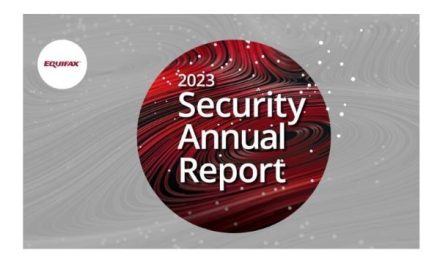Credit Information Corporation (CIC), the country’s public credit registry and repository of credit information, recently issued the standards and rules for reaccreditation of its credit bureaus, also known as special accessing entities (SAE).
SAEs are duly accredited private corporations engaged primarily in the business of providing credit reports, ratings, and other similar credit information products and services, as defined by R. A. No. 9510 or the Credit Information System Act (CISA). They are entitled access to basic credit reports from the CIC database subject to pertinent provisions.
Published through CIC Circular No. 3, series of 2021, the said standards and rules took effect on 25 October 2021 and shall apply to current SAEs whose accreditations are set to expire namely CIBI Information Inc., CRIF Philippines, and TransUnion Information Solutions Inc.
 “These rules are applicable to reaccreditation of SAEs for the “basic tier” which shall be the default accreditation tier of all SAEs. We’re planning to create additional accreditation tiers to sustain our operations and reach our targets on revenue generation. We will issue additional rules and regulations on this,” CIC President and CEO Atty. Ben Joshua A. Baltazar mentioned.
“These rules are applicable to reaccreditation of SAEs for the “basic tier” which shall be the default accreditation tier of all SAEs. We’re planning to create additional accreditation tiers to sustain our operations and reach our targets on revenue generation. We will issue additional rules and regulations on this,” CIC President and CEO Atty. Ben Joshua A. Baltazar mentioned.
Requirements, subscription agreement
The rights and obligations of an SAE under the basic tier shall also be governed by the subscription agreement to be entered into by and between the CIC and the SAE.
Current SAEs seeking to be reaccredited shall submit their latest General Information Sheet (GIS), clearance from the Securities and Exchange Commission (SEC), Board Resolutions on the authorization of the SAE to apply for reaccreditation and the authorized signatories for the subscription agreement, audited financial statements, and business plan for the next three years, among others.
“It is important to note that SAEs are subject to annual volume commitments on paid access of CIC basic credit reports. They also need to present the projected annual growth of their credit report usage. We want to make sure that the CIC data is being maximized and to improve our overall quality of service for our stakeholders,” Atty. Baltazar added.
The SAEs are likewise required to submit detailed information on the technical descriptions and/or specifications of their internal security policies, communications and technology infrastructure, and procedures to ensure the confidentiality, integrity, and security of the credit data to be processed.
Value-added services
While the processing, accessing, dissemination, and storage of credit data obtained from the CIC shall be wholly done by the SAEs within the Philippine jurisdiction, the use of cloud technology may allow them to conduct related activities off-shore.
“Dissemination of the credit data abroad shall be allowed in cases where it is to the benefit of Overseas Filipino Workers (OFWs), Filipino migrants, Filipino citizens, and Philippine residents living abroad. We want to give them the chance to prove their creditworthiness and be assessed fairly when availing loans and other financial services through the CIC Credit Report,” the PCEO continued.
He added the need for SAEs to develop and provide value-added products and services using the CIC basic credit report such as credit scores: “Failure to develop and provide value-added products and services for the duration of the accreditation may be a ground for their suspension or revocation.”
Accreditation granted to the SAEs shall be valid for up to five (5) years, commencing from the date as stated in the subscription agreement unless sooner lapsed, revoked, or suspended, and upon payment of the yearly subscription fee of five million pesos.
 The Credit Information Corporation (CIC), a government-owned and controlled corporation, was created by Republic Act No. 9510, otherwise known as the Credit Information System Act (CISA). The primary mandate of CIC is to establish a comprehensive and centralized credit information system for the collection and dissemination of fair and accurate information relevant to, or arising from, credit and credit-related activities of all entities participating in the ecosystem.
The Credit Information Corporation (CIC), a government-owned and controlled corporation, was created by Republic Act No. 9510, otherwise known as the Credit Information System Act (CISA). The primary mandate of CIC is to establish a comprehensive and centralized credit information system for the collection and dissemination of fair and accurate information relevant to, or arising from, credit and credit-related activities of all entities participating in the ecosystem.


























